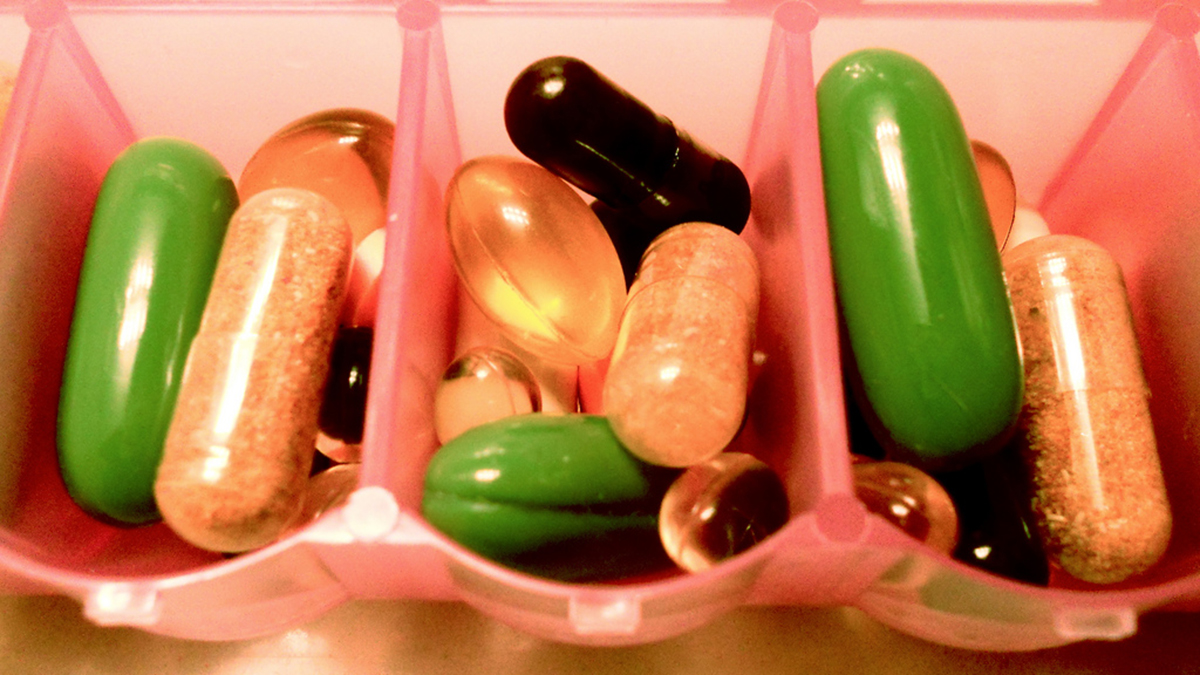Table of Contents
Any sun lovers out there know that the sun/sunshine is our greatest source of vitamin D and its essential that we have to keep our bodies functioning smoothly.

A lack of vitamin D can cause rickets in children which is bone disease and for adults leads to a condition called osteomalacia which causes pain and tenderness in the bones. Good sources of vitamin D other than sunlight are:
- oily fish, such as salmon, sardines and mackerel
- eggs
- fortified fat spreads
It is not as easy to measure how much vitamin D a person needs because we cannot quantify sun light but those at risk of low vitamin D are breastfeeding parents, those confined to indoors or those who cover up completely when outdoors.
Vitamin E Protects The Body Cells
This vitamin is one of the lesser known in the vitamin family as it has lots of underlying functions such as protecting the bodies cells by strengthening the cell membrane. All life sustaining chemical reactions occur in our cells so without this vitamin they would not function correctly. It can be found in a wide variety of foods but the best sources are plant oils such as soya or olive oil. Some other good sources are:
- nuts and seeds
- wheat germ, found in cereals and cereal products
Adults should consume between 4-5mg of vitamin E a day and this is easily achievable in a varied daily diet so there isn't much need to supplement this particular vitamin. However there is little evidence to suggest any complications with excessive amounts but guidelines suggest any less than 500mg should be harmless per day.
Vitamin K Is Essential For Blood Clotting
Again this falls in the lesser known category but it is needed to help the body in blood clotting which is essential to stop you from bleeding too much. Recent studies have shown a link with vitamin K to improved bone strength as well. Vitamin K is found in abundance in the following sources:
- green leafy vegetables, such as broccoli and spinach
- vegetable oils
- cereals
Adults need approximately 0.001mg per kg of body weight per day. For example a 75kg female: 75 x 0.001 = 0.075mg per day of vitamin K which is very easily achieved from eating a healthy and balanced diet. Again there is little evidence about the harmfulness of too much vitamin K but guidelines suggest less than 1mg per is the optimum.
See Also: Vitamins or Not?
Other Vitamins Are Also Important
As well as the A-K vitamins the body also needs other vitamins such as calcium for bone health which is found in dairy products and iron for keeping the blood healthy which is found in broccoli for example.
You should seek nutritional advice from a qualified professional before supplementing any of the above. Follow a healthy lifestyle and try to eat 3-5 portions of fruit and vegetables a day and you will have more than enough vitamins in your system to function correctly!
- Photo courtesy of Colin Dunn by Flickr : www.flickr.com/photos/colindunn/4397922437
- Photo courtesy of Nico Paix by Flickr : www.flickr.com/photos/aerosolhalos/5632678929


Your thoughts on this